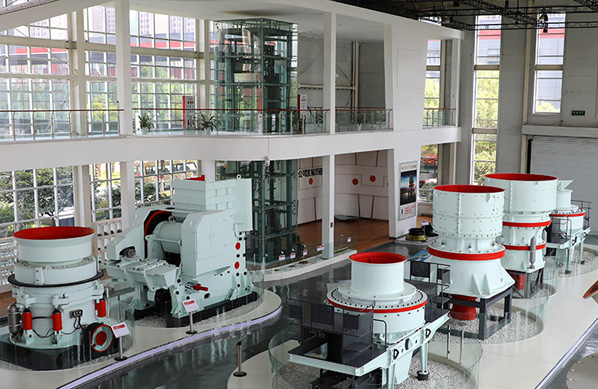Stone crushers are essential in quarrying operations, where large rocks are broken down into smaller, usable aggregates for construction, mining, and other industries. Selecting the right crusher can significantly impact production efficiency, cost-effectiveness, and the quality of the final product.
1. Understand Your Raw Material Characteristics
The first step in selecting a crusher is analyzing the type of rock you’re processing:
- Hardness: Extremely hard rocks like granite and basalt require sturdy crushers (e.g., jaw crushers, cone crushers), while softer rocks like limestone can be processed efficiently with impact crushers.
- Abrasion Resistance: Some rocks contain high levels of abrasives (e.g., quartz), which cause rapid wear on crushing equipment. In such cases, consider wear-resistant crushers with replaceable liners.
- Moisture & Clay Content: Sticky or wet materials may require special crushing systems to prevent clogging (e.g., gyratory or impact crushers with proper discharge setups).

2. Determine the Required Output Size and Capacity
Different crushers produce varying sizes of crushed stone. The choice depends on your end-use requirements:
- Coarse Crushing (Primary Crushing – 350mm to 100mm):
- Best for initial rock breaking (e.g., large jaw crushers or gyratory crushers).
- Medium Crushing (Secondary Crushing – 100mm to 40mm):
- Cone crushers (standard type) or impact crushers for mid-size reduction.
- Fine Crushing (Tertiary Crushing – 25mm to 6mm or less):
- Short-head cone crushers, vertical shaft impactors (VSI), or hammer crushers for final shaping.
Production capacity is also crucial—ensure the crusher’s hourly output matches your quarry’s demands.
3. Choose the Right Type of Crusher
Selecting the appropriate crusher type depends on the material and required output:
- Jaw Crushers – Ideal for primary crushing of hard, abrasive rocks; high reduction ratio.
- Cone Crushers – Suitable for medium to fine crushing (secondary/tertiary stages); produces uniform particle sizes.
- Impact Crushers – Perfect for softer materials and producing cubical aggregates (e.g., limestone, recycled concrete).
- Gyratory Crushers – Used in large quarries for high-capacity primary crushing.
- Vertical Shaft Impactors (VSI) – Excellent for shaping aggregates and manufacturing sand.
4. Consider Operational and Maintenance Factors
A reliable crusher should offer:
- Ease of Maintenance: Choose crushers with accessible wear parts and hydraulic adjustments (e.g., modern cone crushers with automated settings).
- Energy Efficiency: Compare power consumption—some models (like hydraulic crushers) optimize energy use, reducing operating costs.
- Durability: High-quality steel and advanced coatings extend the machine’s lifespan, especially in abrasive conditions.
- Automation & Safety Features: Models with remote monitoring and automated adjustments improve efficiency and reduce downtime.
5. Evaluate Manufacturer Reputation and After-Sales Support
A reputable manufacturer ensures long-term reliability:
- Technical Support: Check if the supplier provides installation guidance, operator training, and troubleshooting assistance.
- Spare Parts Availability: Opt for brands with easily replaceable components to minimize downtime.
- Warranty & Service Agreements: Some manufacturers offer maintenance contracts, ensuring continuous operation.
- Customer Reviews: Research feedback from other quarry operators to assess real-world performance.
Choosing the right stone crusher for your quarry involves analyzing rock properties, understanding output needs, selecting the best crusher type, and ensuring operational reliability. Investing time in research and consultation with experienced suppliers will help you maximize productivity while reducing long-term costs.
Would you like recommendations for specific crusher models based on your quarry’s conditions? Let us know—we’d be happy to assist!
